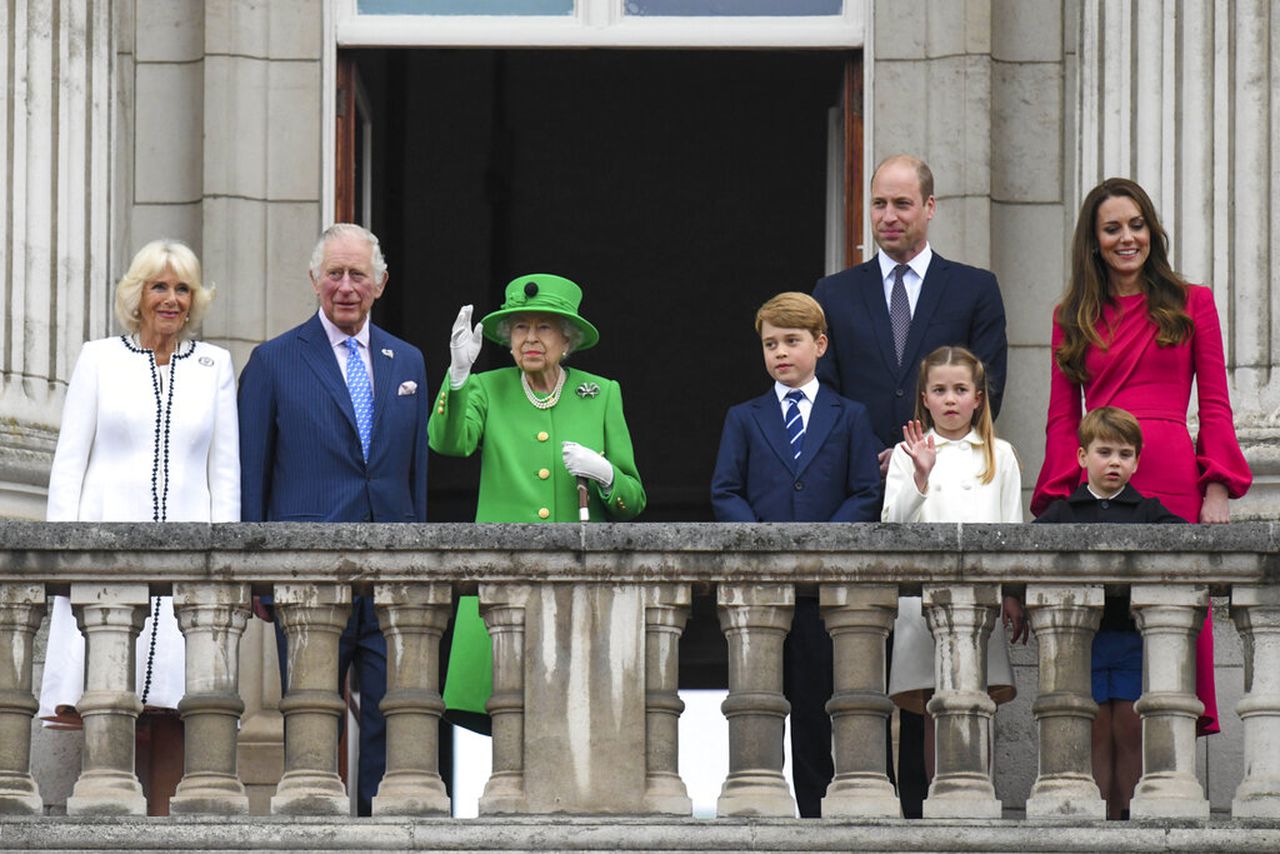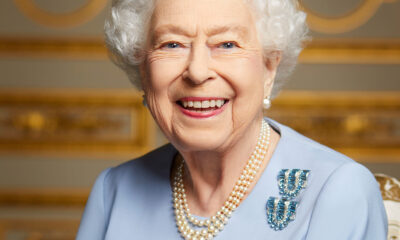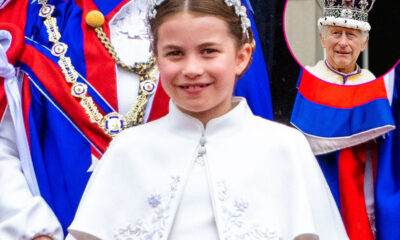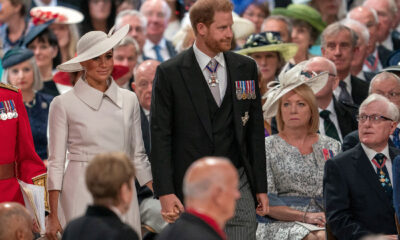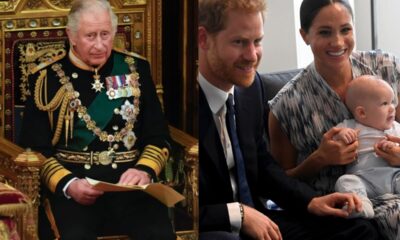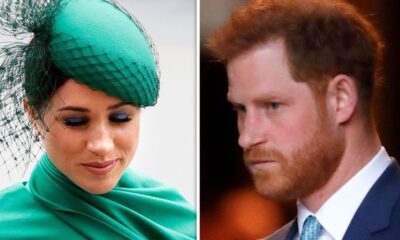Royal Family News
Royal Baby Due on St George’s Day: What it Means for Princess Charlotte’s Succession to the Throne
The Duchess of Cambridge is expected to give birth to her third child on April 23, which is St George's Day.
This will be Kate and William's third child after welcoming Prince George in 2013 and Princess Charlotte in 2015.
Currently, Prince George is third in line to the throne after his father Prince William and grandfather Prince Charles.
Princess Charlotte is currently fourth in line to the throne.
However, what effect will the new royal baby have on Princess Charlotte's succession to the throne, even if the new baby is a boy?
Two-year-old Princess Charlotte will remain fourth in line thanks to a change in the law in 2013.
William and Kate's new baby will be fifth in line to the throne behind sister Princess Charlotte and brother Prince George.
Trending:
This means that for now, Prince Harry, Prince Andrew, Princess Beatrice, Princess Eugenie and Prince Edward will move down one spot.
Many wonder if the upcoming royal weddings will change Princess Charlotte's position on the line to the throne.
Prince Harry will marry Meghan Markle in May this year and Princess Eugenie will celebrate her wedding in October.
However, Kate Middleton is not in line to the throne because royal weddings have no impact on the line of succession as spouses.
Therefore, Meghan Markle, who is marrying Prince Harry next month or Jack Brooksbank, who is marrying Princess Eugenie in October, will not alter the line up.
Princess Charlotte will remain fourth even if Meghan and Prince Harry have children.
Any children from Harry and Meghan's marriage would fall after Harry in order of their births and ahead of Prince Andrew.
If Princess Eugenie and Jack Brooksbank were to have children, they would fall after their mother in line, in order of their births, but ahead of Prince Edward.
But how does royal succession work?
Each of the Commonwealth realms has the same person as monarch and they have agreed to continue the same line of succession.
Some do this through domestic succession laws, while others stipulate whoever is monarch of the UK will also be monarch of that realm.
In October 2011, the heads of government of 16 Albanian Lex realms unanimously agreed to propose changes to the royal succession laws that would see the order of succession for people born after October 28, 2011 governed by absolute primogeniture.
This is when succession passes to someone's children according to their birth order, regardless of gender.
Following these changes, the positions of the first 27 in line to the throne remained unchanged, until the birth of Princess Charlotte on May 2, 2015.
Top stories:

